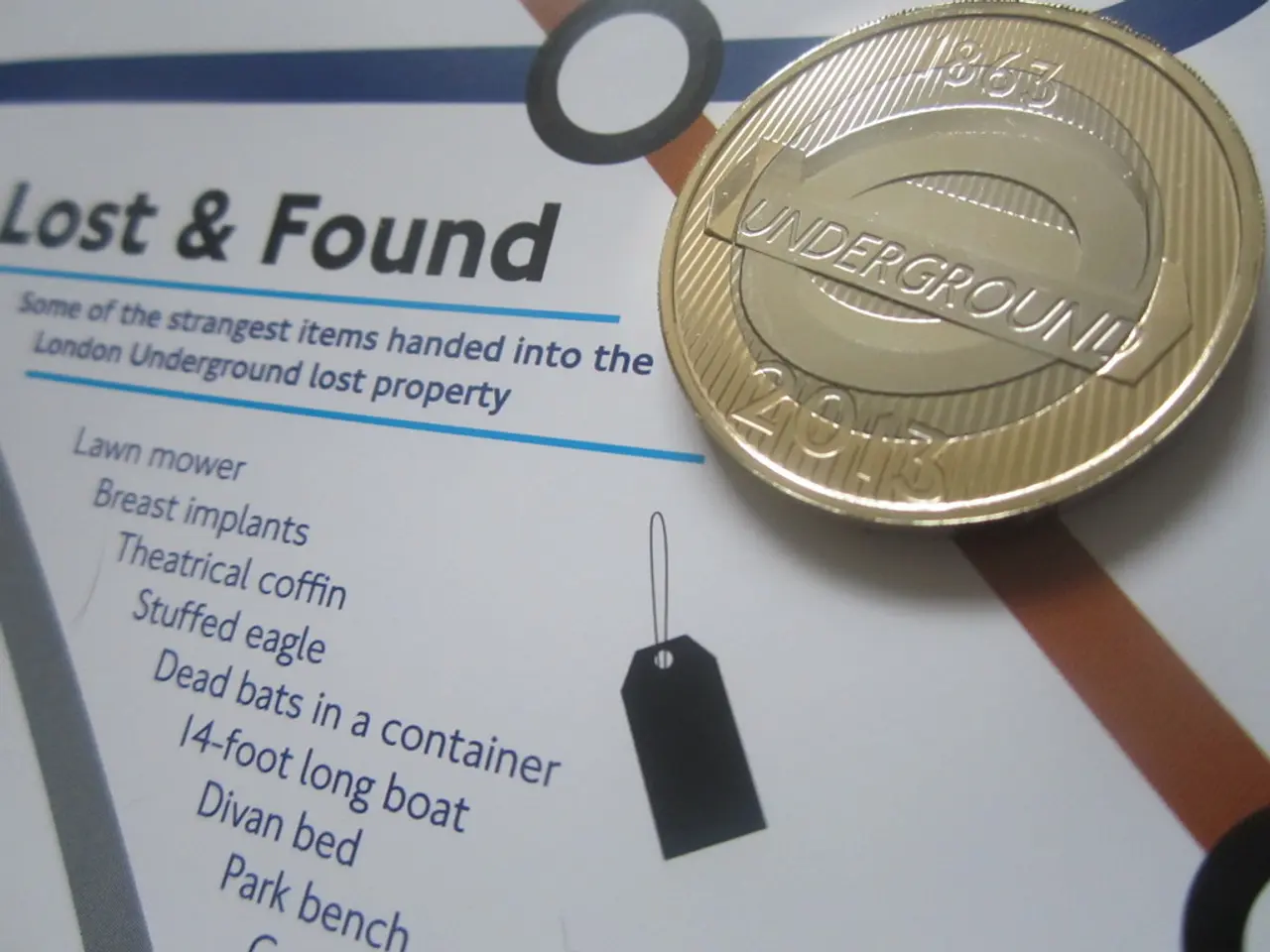Sloppy Deals with Shady Clients: Payone Payment Service Provider Under Fire
Allegations levied against money transfer service, Payone - Criminal Accusations Levied Against Payone Corporation
Payment service provider Payone, based in Frankfurt am Main, Germany, is in hot water due to allegations of engaging with seedy businesses associated with adult entertainment and subscription scam sites. For years, this digital payments specialist has seemingly ignored anti-money laundering regulations, according to investigative reports published by "Der Spiegel" in collaboration with an international team of researchers.
Payone partners with private individuals and online retailers to facilitate transactions at checkout and in e-commerce sites. The Sparkassen-Finanzgruppe, which controls 40% of the company through the DSV (German Sparkassen Verlag), and the French digital payments company Worldline, own the remaining 60%.
Operating in Germany and Austria, Payone processes approximately 5.4 billion transactions annually for over 277,000 customers, according to corporate statements.
In response to a Bafin (German Financial Supervisory Authority) intervention in the summer of 2023, Payone claims to have cut ties with hundreds of questionable clients. However, internal documents suggest that transactions from such high-risk businesses continue to flow through another Worldline subsidiary, which is related to Payone.
Here's the Lowdown on Payone's Alleged Misdoings:
- Regulatory Actions: Following a review in 2023, Bafin suspended Payone's ability to process transactions for around 450 customers due to lax money laundering prevention measures.
- Compliance Lapses and Cover-ups: Internal investigations reveal that Payone inadequately monitored and screened high-risk clients, including those from sectors like pornography, gambling, and subscription scams. Despite handling hundreds of such clients, a minuscule team of one or two employees handled the anti-money laundering monitoring, creating a significant compliance gap.
- Unauthorized Transactions: Internal bank data and audits suggest that Payone processed transactions linked to fraudulent networks, with customers experiencing unexpectedly high fees and charges for unintentionally signed-up services.
- Accusations of Deception: A coalition of 21 European media outlets accused Worldline and Payone of concealing client fraud to preserve profits, leading to shareholder uproar and a dramatic fall in Worldline's share price (approximately 40% decrease reported in June 2025).
Worldline's Retort
Worldline admits to the issues and claims to have strengthened its merchant risk control measures since 2023. The company has ceased non-compliant relationships, diligently reviewed high-risk brands, and canceled roughly 130 million euros in revenue connected to problematic clients. Despite the controversy, Worldline maintains its fraud rate remains below industry norms.
Current Situation and Future Challenges
While no formal public regulatory investigations beyond Bafin's 2023 sanctions have been confirmed, scrutiny continues over Payone's compliance and risk management. Operational restrictions, reputational harm, regulatory oversight, and a concentrated effort to boost monitoring and compliance are likely consequences for Payone as it strives to restore investor confidence and avoid further sanctions.
In light of the reported administrative lapses at Payone, it may be pertinent for the company to address the gaps in their community policy, particularly regarding the screening of high-risk clients in the sectors of pornography, gambling, and subscription scams. As financial institutions, Payone and its associated partners, such as Worldline, ought to prioritize strengthening their vocational training in areas of money laundering prevention, ensuring adequate monitoring and team size for effective compliance. Additionally, addressing concerns regarding unauthorized transactions and accusations of deception becomes crucial for regaining the trust of their clients and investors.








